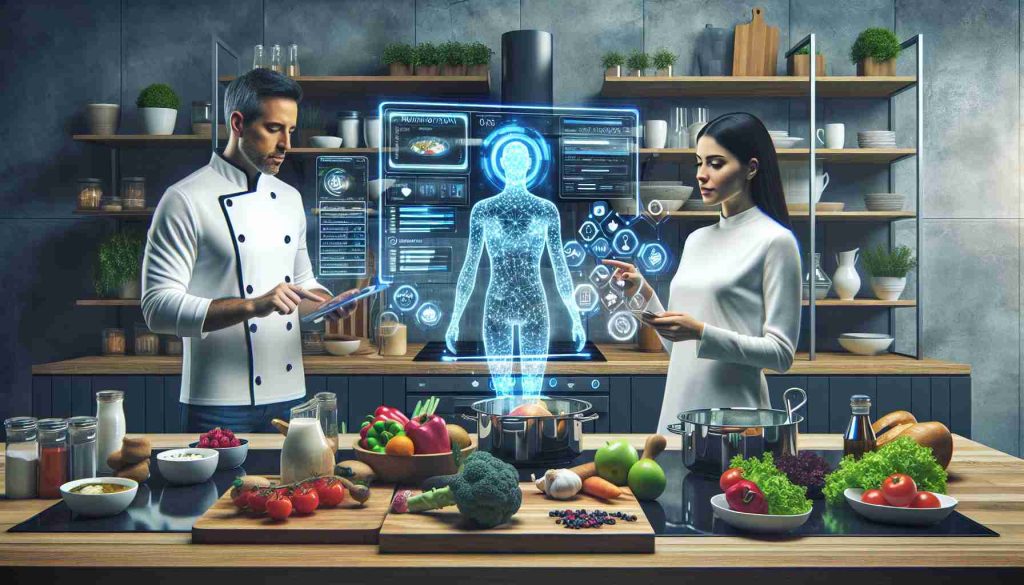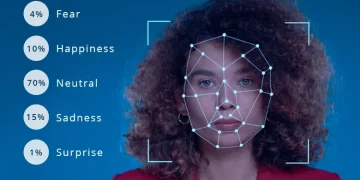In the rapidly evolving field of health technology, AI-driven personalized nutrition plans have become a hot topic. These plans promise tailored dietary advice based on an individual’s unique biology, lifestyle, and preferences, powered by artificial intelligence analyzing vast datasets. But can these AI systems truly outperform traditional nutritionists who combine scientific knowledge with human insight? To answer this, it is essential to understand how AI nutrition works, its advantages and limitations, and how it compares with expert human guidance.
Understanding AI-Driven Personalized Nutrition
AI-powered nutrition platforms collect and analyze a wide range of personal data to create customized diet plans. This data includes genetic information, gut microbiome profiles, blood biomarkers, physical activity levels, sleep patterns, and self-reported dietary habits. Machine learning algorithms identify patterns and relationships within these datasets, predicting which foods and nutrients will best support an individual’s health goals.
Genomic analysis reveals genetic variants that influence how the body processes nutrients, susceptibility to food intolerances, or risk factors for metabolic diseases. Microbiome profiling examines the composition of gut bacteria that play a crucial role in digestion and immune function. Wearable devices and smartphone apps provide continuous monitoring of physiological signals such as glucose levels and activity, enabling real-time dietary adjustments. These data points collectively feed into AI models that refine nutritional recommendations as new information becomes available.
Advantages of AI Nutrition Plans
One major advantage of AI is its ability to process and synthesize enormous volumes of data quickly and objectively, far beyond the capacity of a human practitioner. By analyzing multiple layers of biological and behavioral information simultaneously, AI can identify subtle interactions and correlations that might be overlooked in traditional assessments.
AI systems provide consistent recommendations, unaffected by human biases or variability. They are accessible 24/7, enabling users to receive immediate guidance and updates without waiting for appointments. Cost-wise, AI nutrition platforms often offer affordable options compared to frequent visits to nutrition professionals.
Moreover, AI’s capacity for continuous learning means plans can adapt dynamically to changes in lifestyle, health status, or preferences. This flexibility is particularly valuable for managing chronic conditions like diabetes or obesity, where nutritional needs fluctuate.
Strengths of Human Nutritionists
Despite these technological advances, human nutritionists provide essential qualities that AI cannot fully replicate. Nutritionists bring empathy, emotional intelligence, and contextual awareness—understanding cultural backgrounds, personal challenges, and psychological factors influencing eating behavior.
Human experts excel in interpreting complex medical histories and adjusting recommendations based on subtle feedback from patients. They offer motivational support, accountability, and behavioral coaching, which are critical for sustaining long-term dietary changes.
Nutritionists can also navigate ethical considerations and conflicting scientific evidence, tailoring advice with professional judgment rather than solely relying on algorithmic outputs.
Reliability of AI-Driven Nutrition Plans
The reliability of AI nutrition plans depends heavily on the quality and scope of the input data and the transparency of the algorithms. High-quality, diverse datasets reduce the risk of bias and improve the generalizability of recommendations across different populations.
Clinical validation through peer-reviewed studies is crucial to establish effectiveness and safety. Some AI platforms have demonstrated promising outcomes in improving dietary compliance and managing metabolic health markers, but comprehensive long-term studies remain limited.
User engagement is another key factor; without consistent adherence and accurate self-reporting, even the most sophisticated AI models cannot deliver optimal results.

Potential Risks and Limitations
AI-driven nutrition is not without challenges. Overreliance on technology may lead users to ignore their own intuition or external factors affecting health. Data privacy concerns arise when sensitive genetic and health information is collected and stored.
Algorithmic biases may result from training models on non-representative populations, potentially producing inaccurate or harmful advice for underrepresented groups. Furthermore, AI lacks the capacity for emotional support, which is often vital for motivation and addressing psychological barriers to change.
Integrating AI and Human Expertise
The future of personalized nutrition likely involves a hybrid model combining AI’s data-processing power with the nuanced guidance of human nutritionists. In such models, AI assists professionals by providing detailed analyses and evidence-based suggestions, while nutritionists interpret these insights within the broader context of individual needs.
Telehealth platforms increasingly incorporate AI tools to enhance remote consultations, enabling personalized care that is both scalable and empathetic. This synergy promises improved accuracy, accessibility, and patient satisfaction.
Conclusion
AI-driven personalized nutrition plans offer a powerful new approach to dietary health, leveraging data and machine learning to provide individualized recommendations. While these technologies are increasingly reliable and accessible, they currently complement rather than replace the expertise, empathy, and contextual judgment of human nutritionists. The optimal path forward combines AI’s analytical capabilities with professional human support to ensure personalized nutrition is both precise and compassionate, ultimately fostering better health outcomes.








































